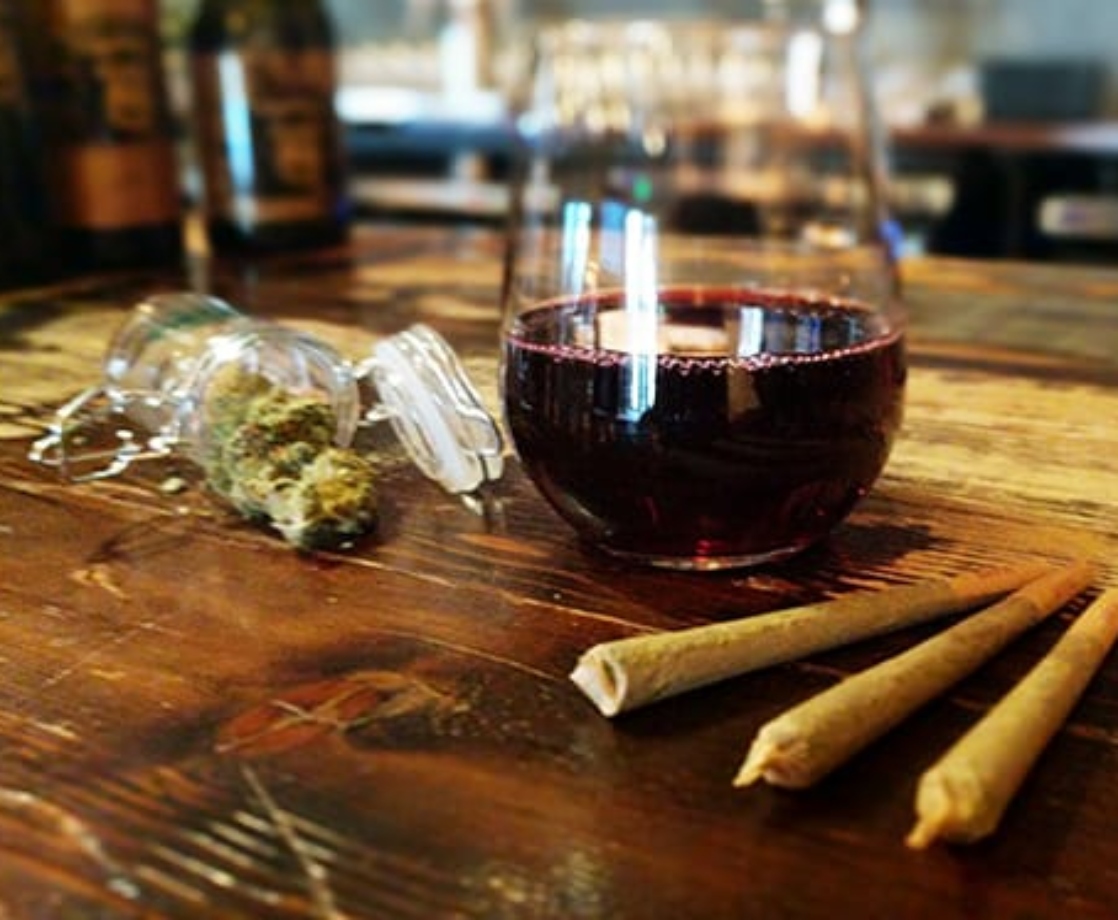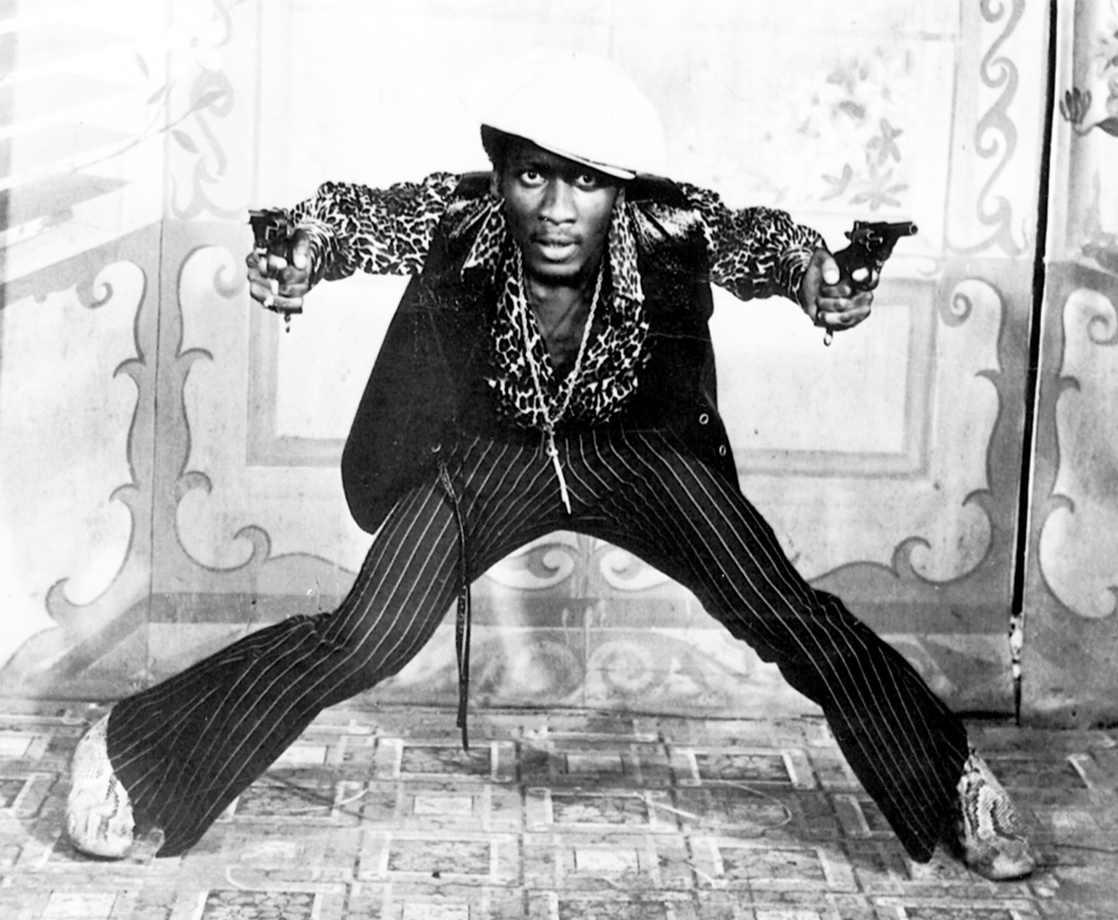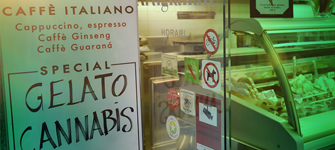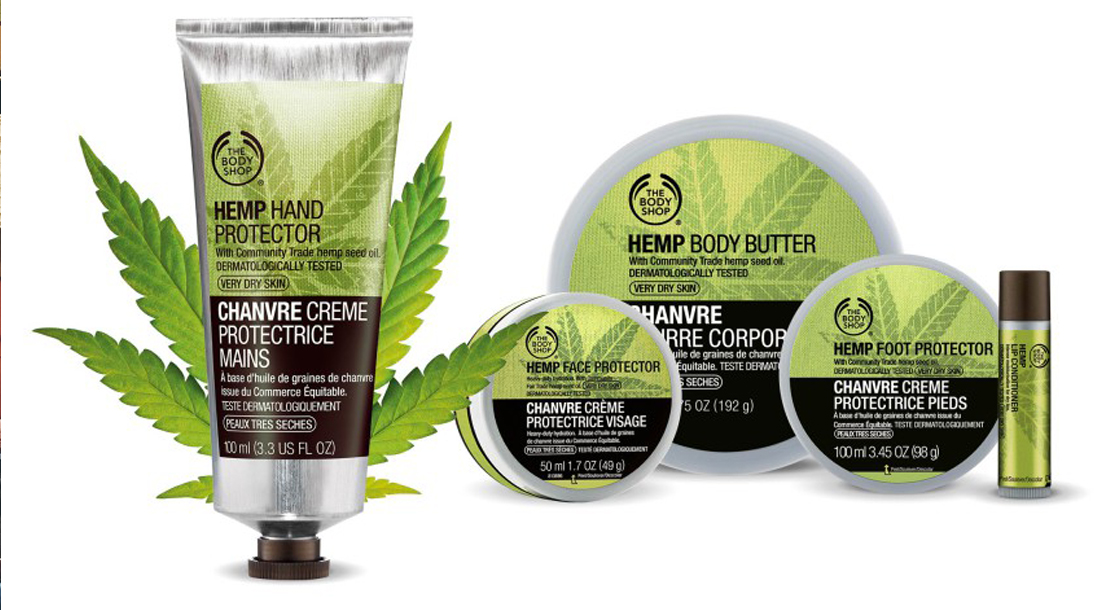Cannabis is rooted in ceremony, oftentimes radical inclusivity. All it takes is one look at the hippie counterculture movement of the 1960s to notice that when large groups of open-minded people get together, cannabis often plays a large part in the gathering. The term “hip” refers to being “in the know,” tuned-in, turned-on, a sort of Western version of Eastern enlightenment fueled by universities, philosophy, arts and sciences, and stoned intellectual discourse. It was Bob Marley who said, “When you smoke the herb, it reveals you to yourself.” In cannabis culture, you don’t get much more hip than Bob.
It’s this sort of self-awareness that cannabis is known for encouraging, and in the mad dash to legalize and industrialize cannabis in this country, we should do our best to honor these roots while avoiding the obvious pitfalls of capitalism.
Take wine, for example. Arrogant, pompous, uncouth—these words conjure up images of bow-tie-clad butlers pouring thousand-dollar Bordeaux for billionaire executives in fancy homes, with fancy cars, acting snobby. Yet it’s no secret that in more recent years people have set out to disprove much of the marketing hype behind $500 bottles and gold-medal awards.
Today’s wine industry is becoming markedly different from its elitist past. You’ll notice new marketing practices aimed at the post-recession set from hundreds of winemakers around the globe. Just look at the amazingly popular Two-Buck Chuck. The wine, made by Franzia, champion of cheap box-wine, and disguised as “Charles Shaw,” costs $1.99 per bottle. Such affordable wine for the masses is a far cry from the nose-in-the-air sensibility of the past.
To this very day, many Americans panic at the simple act of tasting wine. Making the wrong wine selection at a business dinner, or not knowing the proper tasting technique, could cost a person a job or contract. Check the year, squeeze the cork, note the color, swirl the glass, sniff, look for legs, spit or swallow, and so on. The “correct” process confounds and generally keeps a good deal of hardworking, well-mannered people betrothed to far more approachable, entry level options, like Chuck. It also keeps them absent from the table.
Can you imagine the same with cannabis? Missing out on a job opportunity because you brought hydroponic to dinner instead of sungrown? Not being able to access quality cannabis because the price is simply too high? The tired old process of luxury is exclusive and disrupts the communal advantages of social and ceremonial cannabis consumption while keeping its medical benefits out of the hands of people who rely on cannabis for their health and well-being.
With an incredible amount of money pouring into the cannabis industry, the luxury market threatens to follow, and with it, all the alienation, classism, and anxiety-inducing ritual that birthed the wine snob. The minute the federal government reschedules it, it’ll be a green rush of MBA’s and biopharmaceutical companies competing for your dollars, doing everything to ensure you’ll pick their brand over the next.
How will it look? Like a Prozac commercial? A married couple running three puppies down the street, all smiles and looking high as hell while a laundry list of FDA warnings and scary side-effects scroll by? Or will their ads be more like cigarettes, once so over-the-top evil that they’re now virtually non-existent? Or more like booze—bikini-clad, sundrenched party animals on a beach hucking bongs and beach balls at each other? We’ll see.
We have an opportunity for cannabis to set a precedent for medical and recreational innovation. Cannabis is currently at the forefront of Western enlightenment, a sort of gateway to understanding and mutual respect between the layman and the powers that be. The great herb inspires a wealth of art and political action on this planet. From moving the conversation about our racially biased Drug War to the forefront through politics and song, to pulling people out of pharmaceutical opioid addiction with new medical and recreational cannabis regulations, it’s obvious we can work with this plant to mend a lot of things.
Instead of proliferating a bunch of pompous, elitist, snobbish luxury rituals, and subsequently missing the entire point, let’s educate. Let’s ensure safe access—un-ridiculed access—is available to all. Let’s get together, and feel alright.











